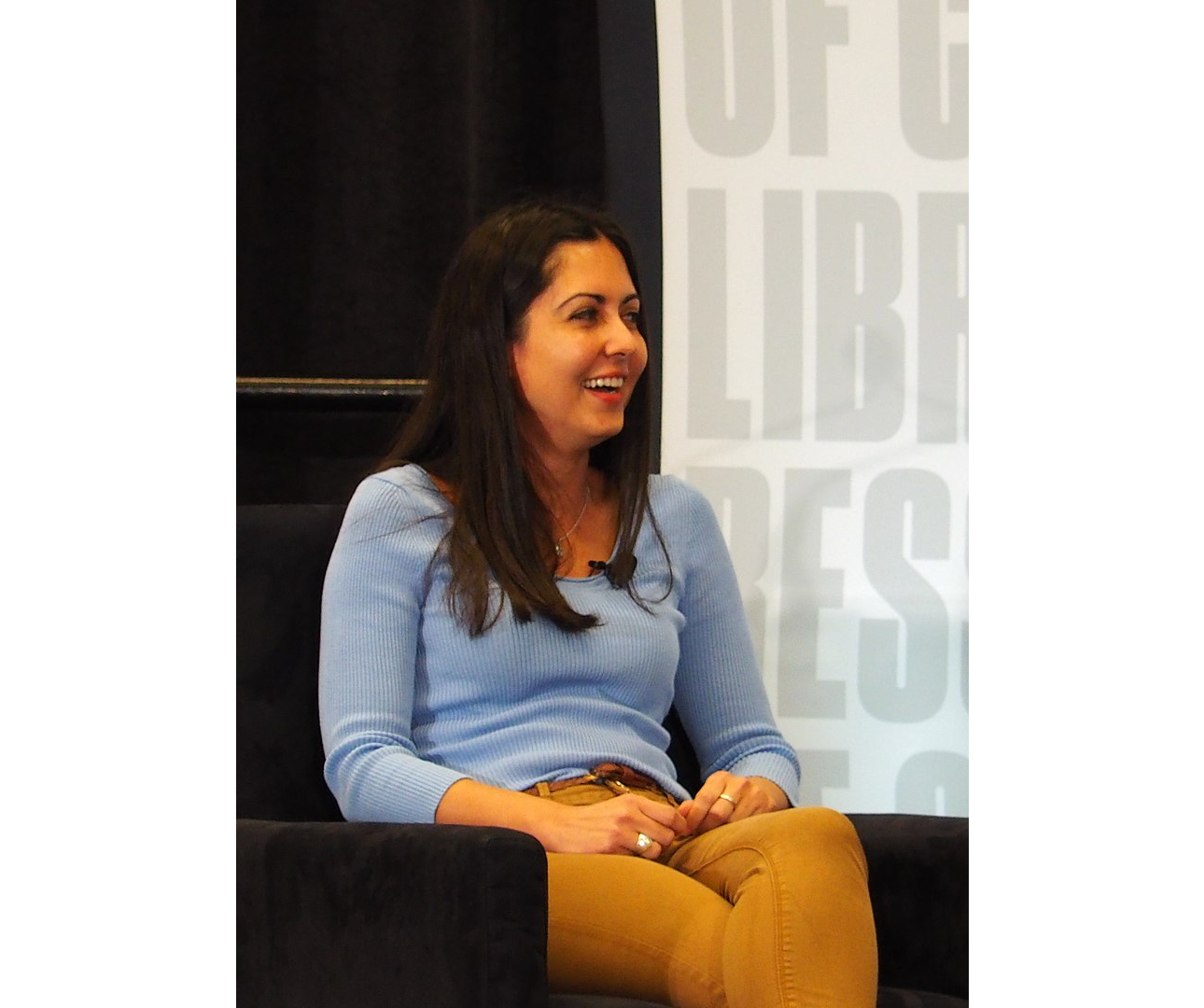
Bolivia's Liliana Colanzi wins the Ribera del Duero Short Story Award
Bolivian writer and Cornell University professor Lilian Colanzi knows how to mix sci-fi and Andean realism.
Barely 41 years old and with no titles published by any of the major publishing houses in Madrid, Barcelona or Mexico City, Bolivian writer Liliana Colanzi has established herself as one of the most promising stars of Latin American literature.
Colanzi won the Ribera del Duero International Short Story Prize this week with her book of short stories Ustedes brillan en lo oscuro, which will go on sale in May in Spain and Latin America, as well as via ebook worldwide.
After being awarded the prize at the Círculo de Bellas Artes in Madrid, the author explained that her book presents "an interest in dislocating time, in understanding it beyond the short human life; we move through historical and geological sediments that define us and that it is possible to dig and remove in writing."
RELATED CONTENT
"It came to me the image of a cave over the centuries ,that gave rise to the first story," Colanzi added. "The question of radioactivity was appearing in more than one story, I am intrigued by the power of the invisible, those radiological demons that have punished Latin America in several accidents. Others take place in the Amazon, my mother's place of origin, in the ruins left by the exploitation of rubber. I write, finally, to remember that the world is a strange, terrible place, but also full of beauty."
Colanzi, trained as a journalist and currently a professor of Literature at Cornell University, is considered one of the most prominent names in Latin American literature today. She has already published other books of short stories, such as Vacaciones permanentes (2010), Nuestro mundo muerto (2016) and Chaco (2020). In them, her experience as an immigrant, which already began as a child, is reflected: the daughter of a Bolivian mother and Italian father, she grew up in a border town with Brazil, in the middle of the jungle, where her father had been displaced for work.
"My father arrived in Bolivia when he was 17 years old and his Spanish was crossed by Portuguese words, something that embarrassed me when I was younger," said the author in a talk with Casa America Catalunya last year. Colanzi, who now considers herself an immigrant in the U.S., admits that one of the main barriers to integration was language:
"Those stumbles when it comes to expressing ourselves are always a barrier to remind us of our condition as 'others,' as immigrants, in a country to which we belong and at the same time we don't quite belong," she acknowledged during the talk. She added: "In Bolivia itself, good speaking, correct speaking, is an excuse to discriminate against peasants who speak with words of Aymara, Quechua... and for this reason they are the object of mockery."
For this reason, Colanzi says that his writing "has disordered" his relationship with words: "I like to break them, to incorporate incorrect expressions, because I think there is a beauty in this twisted language."


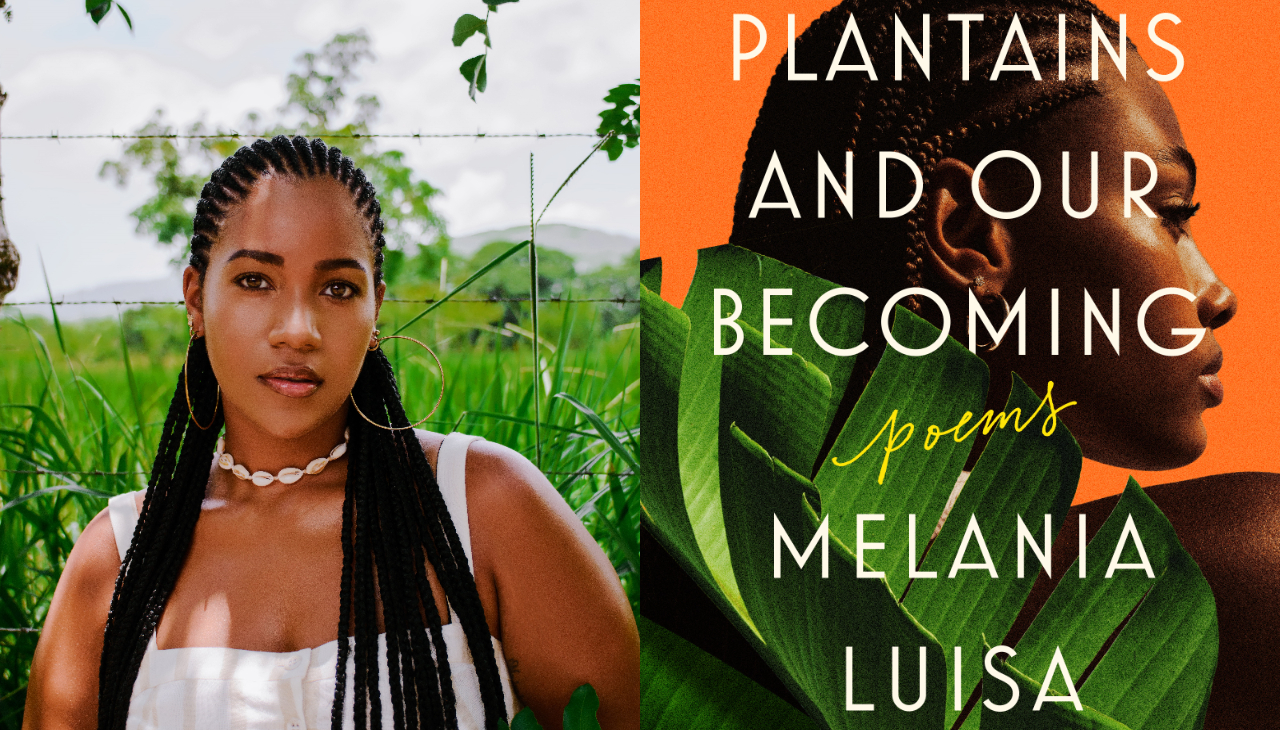
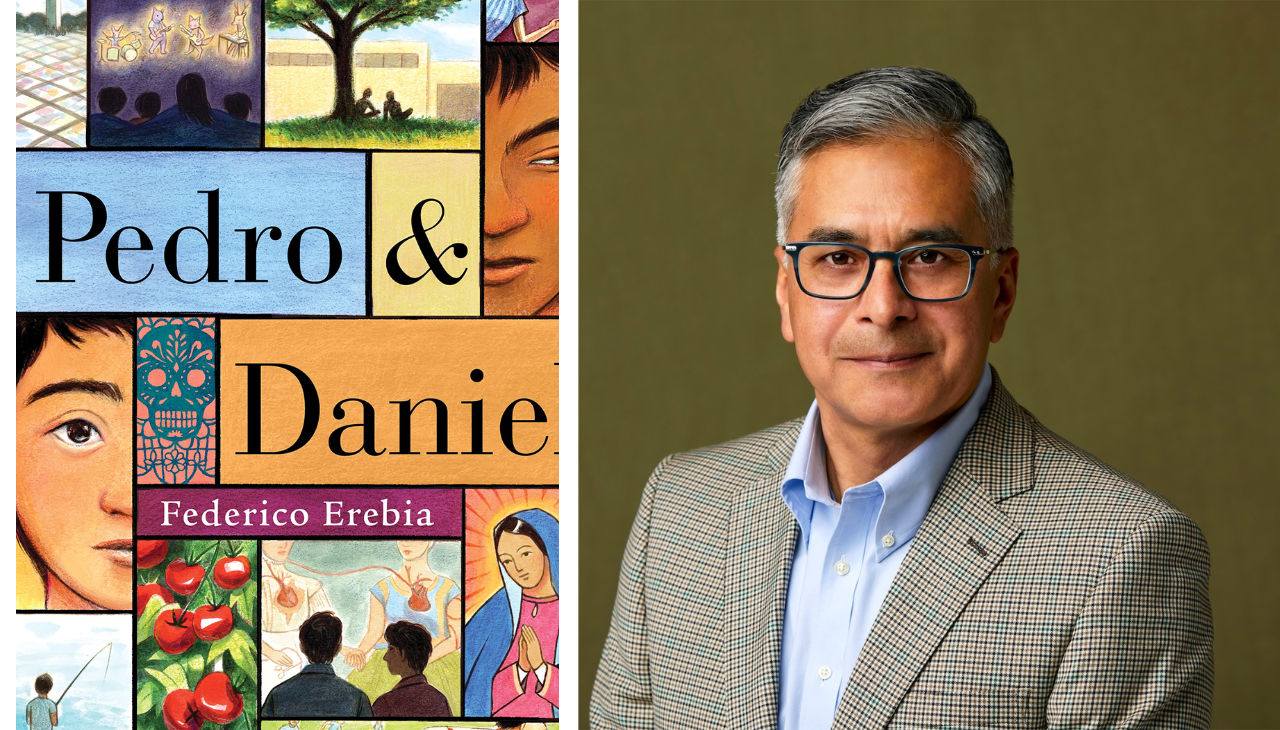
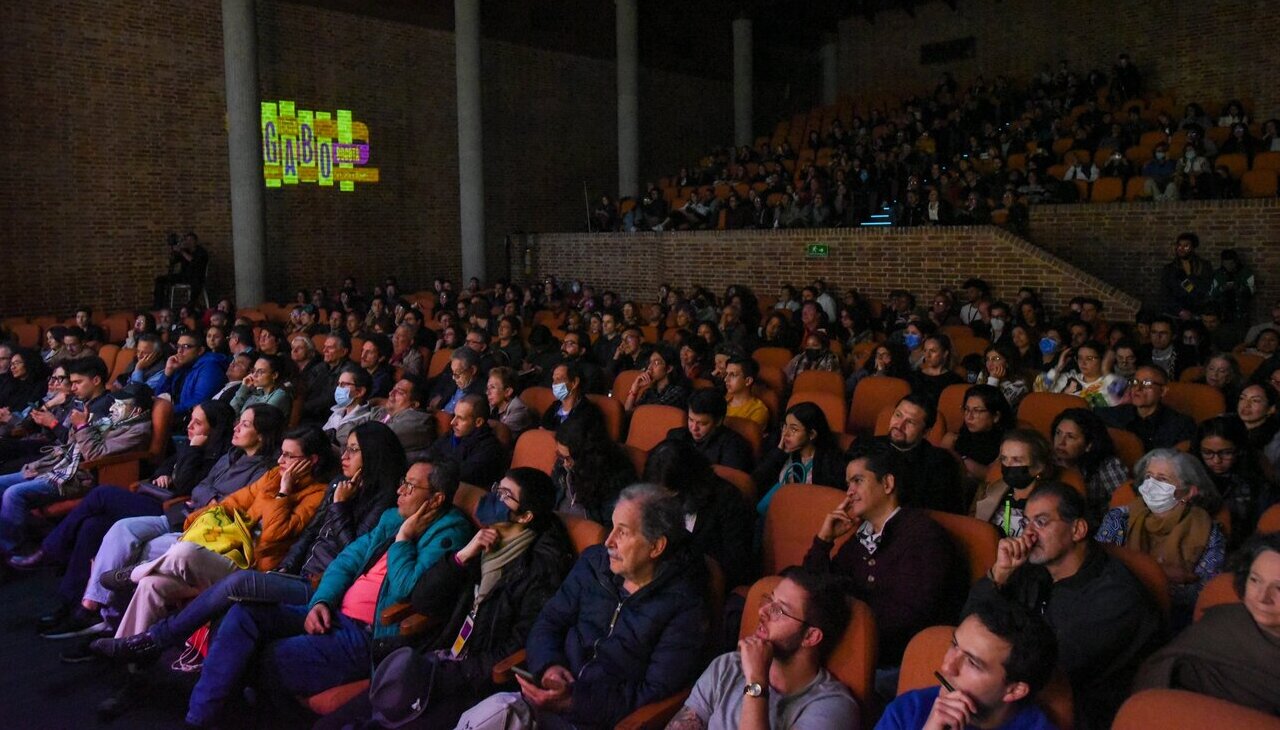
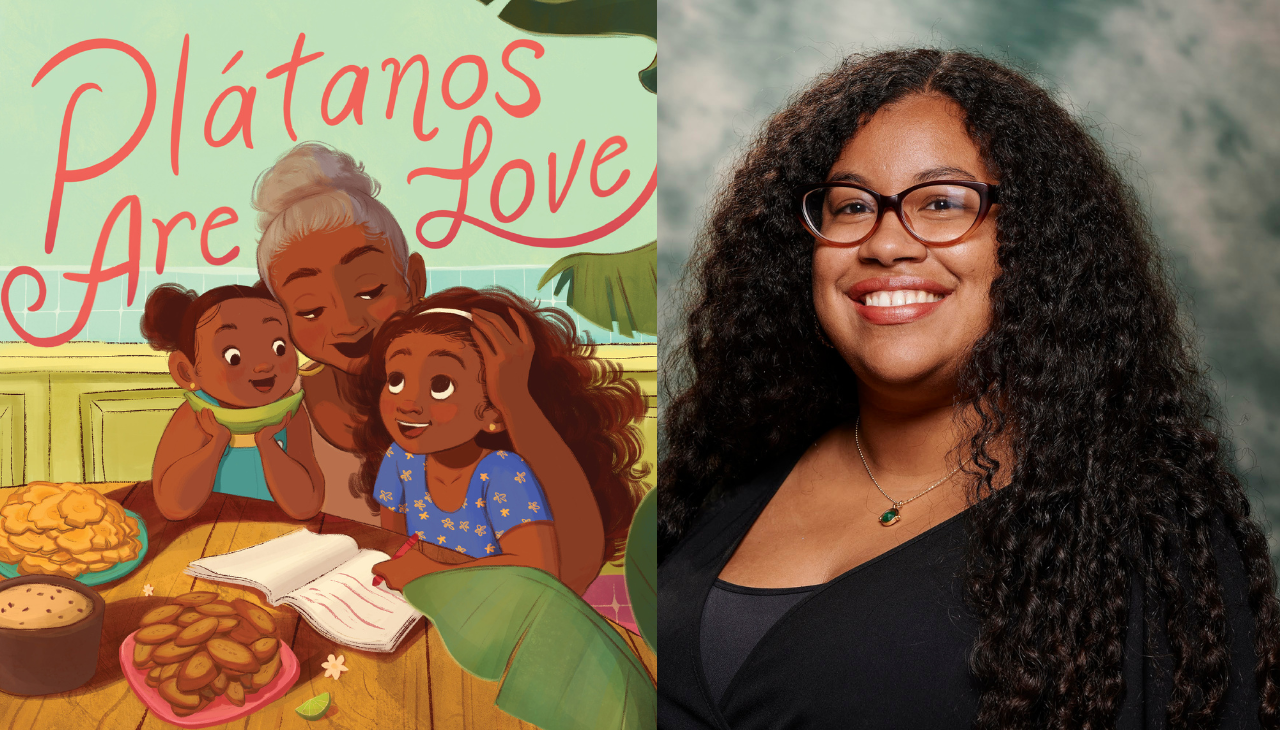

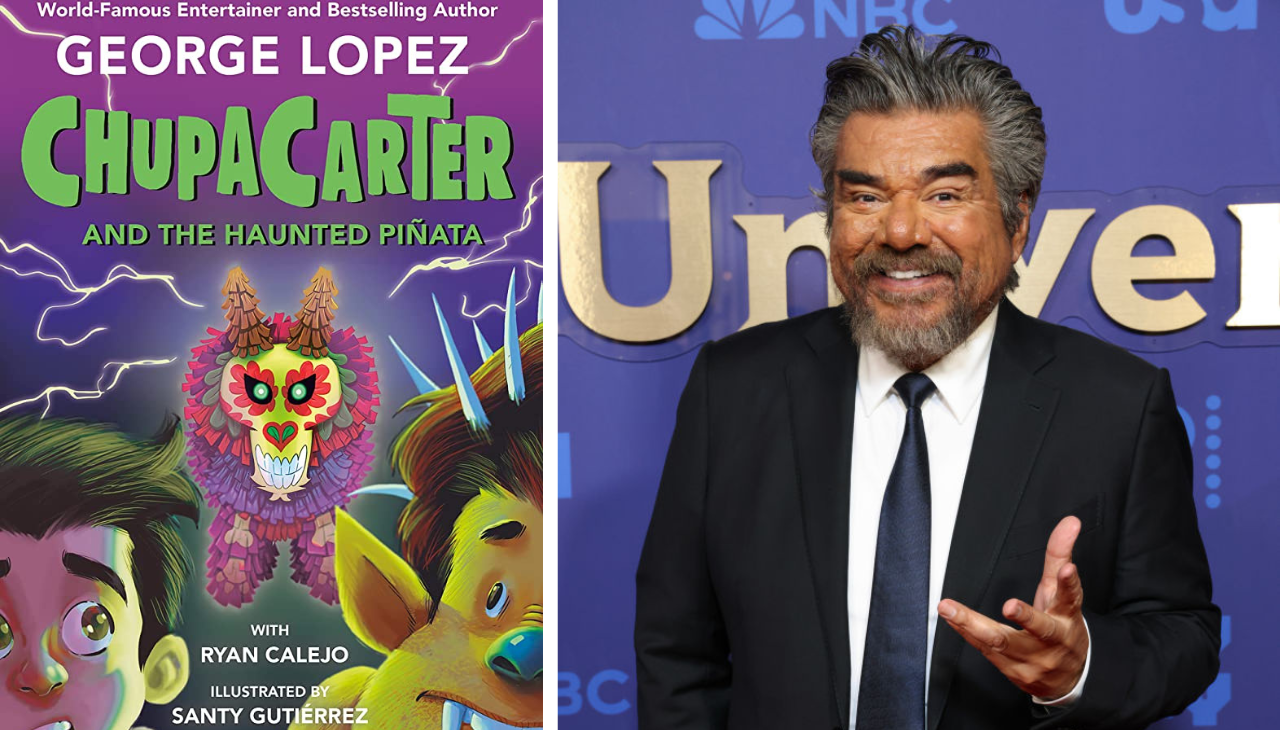
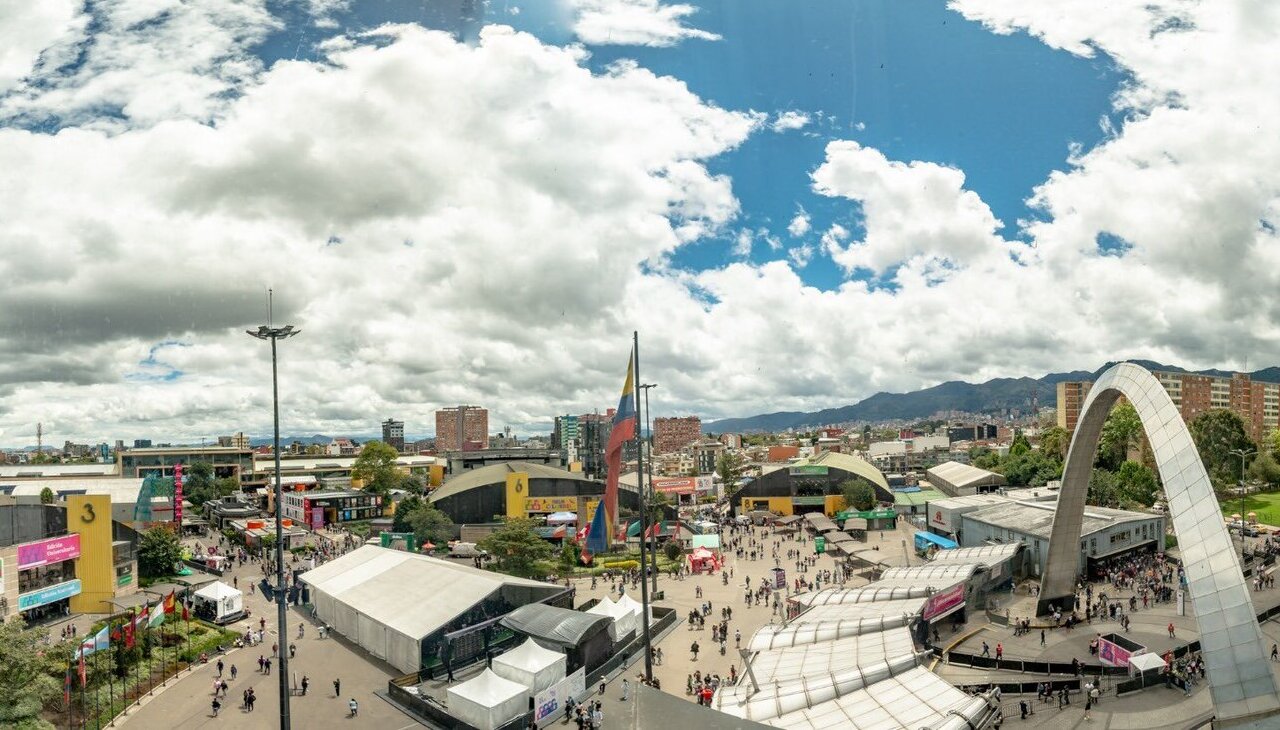
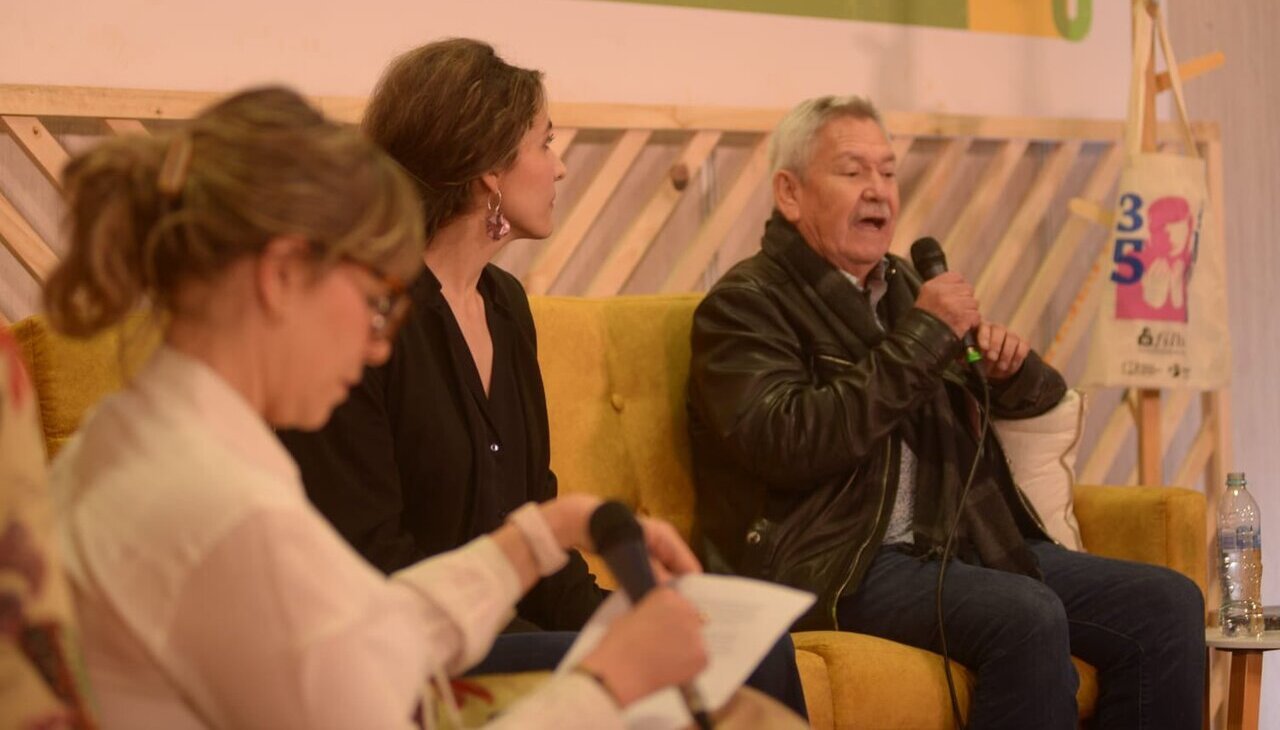

LEAVE A COMMENT:
Join the discussion! Leave a comment.